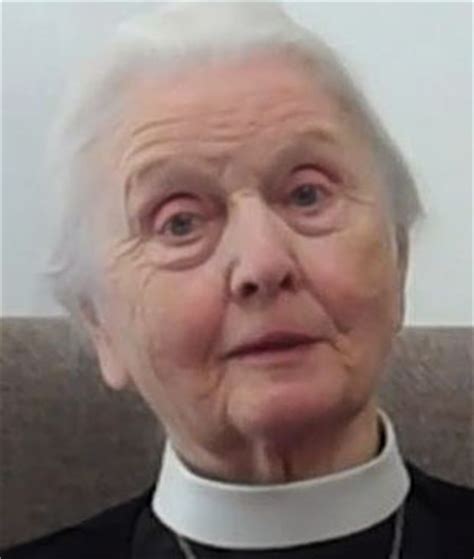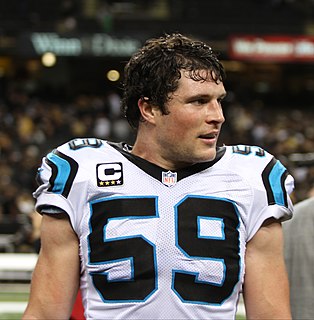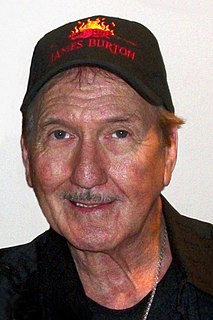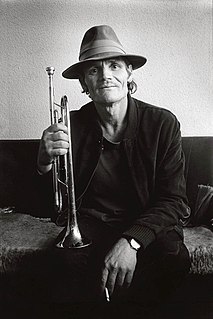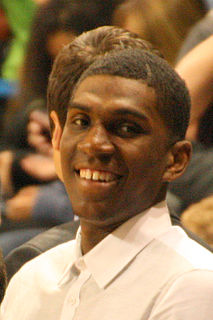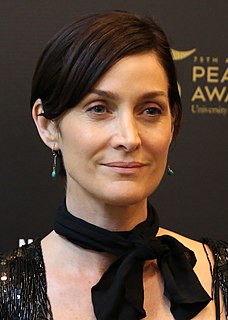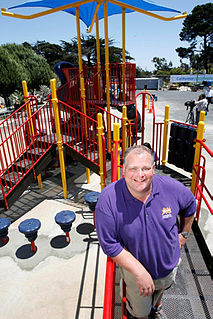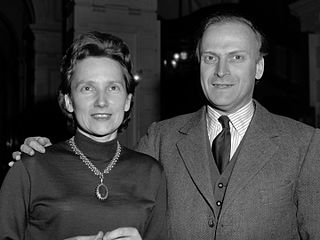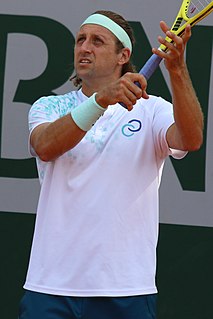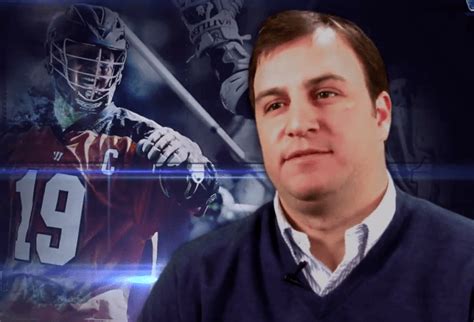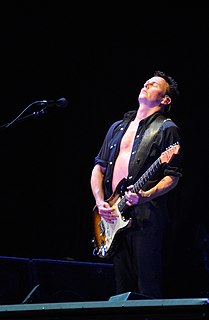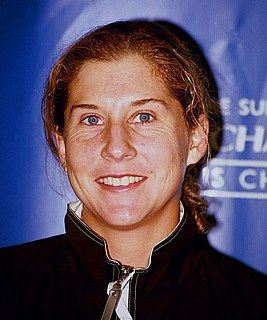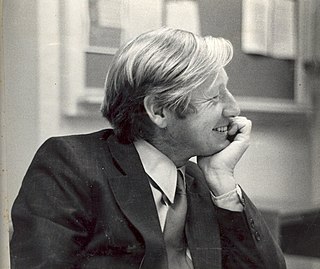A Quote by Margaret Guenther
Play exists for its own sake. Play is for the moment; it is not hurried, even when the pace is fast and timing seems important. When we play, we also celebrate holy uselessness. Like the calf frolicking in the meadow, we need no pretense or excuses. Work is productive; play, in its disinterestedness and self-forgetting, can be fruitful.
Related Quotes
Work, as we usually think of it, is energy expended for a further end in view; play is energy expended for its own sake, as with children's play, or as manifestation of the end or goal of work, as in "playing" chess or the piano. Play in this sense, then, is the fulfillment of work, the exhibition of what the work has been done for.
Sacred space and sacred time and something joyous to do is all we need. Almost anything then becomes a continuous and increasing joy. What you have to do, you do with play. I think a good way to conceive of sacred space is as a playground. If what you're doing seems like play, you are in it. But you can't play with my toys, you have to have your own. Your life should have yielded some. Older people play with life experiences and realizations or with thoughts they like to entertain. In my case, I have books I like to read that don't lead anywhere.
I never like to play for myself, and that is why I don't own a grand piano. To play for yourself is like looking at yourself in a mirror. I like to practice; that is to work at a task. But to play there must be an audience. New things happen when you play for an audience. You don't know what will occur. You make discoveries with the music, and it is always the first time. It is an exchange, a communion.
I decided that I want to live the rest of my life happy with what I'm doing. So when I play tennis again, I have to play it for the right reason. I don't want to play to get my No. 1 ranking back. I don't want to play for the attention, or to earn more. I don't even want to play because the world wants to see me do it, even though it's nice to know that the world is interested. I only want to play because I love the game, which is the reason I began to play at age seven in the first place.
